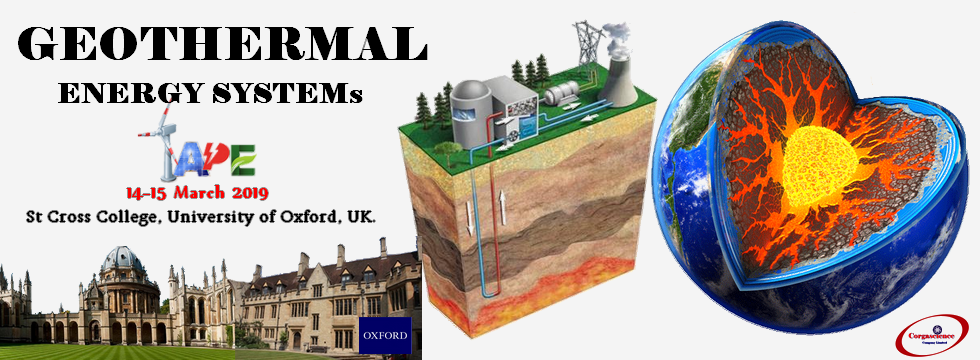

Dr. Ali Altaee
University of Technology Sydney, Australia
Talk Title
Promoting the Salinity Gradient Power Plant from the Laboratory to the Field Application
Talk Abstract
Power generation from salinity gradient across is one of the most researched topics in renewable energy using membrane technologies. Pressure retarded osmosis (PRO) has received a lot of attention, particularly, at the beginning of this millennium, supported by the rapid advancement in membrane fabrication technologies. Earlier laboratory experiments overestimated the potential and the amount of energy can be extracted in the PRO process. Initial experimental results have overlooked thermodynamic and technical limitations that control energy output in the PRO process. Yet, most research prefers to have the thickness of Forward Osmosis (FO) membrane and strength of Reverse Osmosis (RO) membrane in the PRO membrane, which complicated process of membrane selection. While, practically, the selection of PRO membrane should be based on the salinity gradient that is considered for power generation and designed operating pressure. In a way, it is similar to the process of selecting RO membrane for seawater or brackish water desalination. Several modifications have been imparted on the initial system design due to the increased understanding about the PRO process such as including a pressure exchanger and process staging. Dual Stage PRO (DSPRO), in fact, can improve the power generation through restoring the salinity gradient resource. This is done by replacing the concentrated feed solution in the first stage by fresh feed solution in the second stage while using same pressurized draw solution. New studies on the process optimization have found that the recommended optimum values for key operating parameters in laboratory experiments are not valid in a full scale PRO module. These optimum values were based a flat sheet PRO membrane that has different hydrodynamic characteristic to the full scale PRO module. The optimized PRO has found to be more efficient than unoptimized PRO process with up to 60% higher energy output. The new research outcomes promote more research on the PRO process as source of renewable energy.
Short Biography
Dr. Ali Altaee is a senior lecturer at the university of Technology Sydney. Dr Altaee has worked in the development of a number of technologies that have been scaled up from academic to industrial arena such as desalination by Forward Osmsois, at Surrey University and Forward Osmosis for the treatment of feed water to thermal evaporator.
Talk Keywords
Renewable energy, pressure retarded osmosis, salinity power plant, process optimization.
Target Audience
Students, Post doctoral, Industry, Doctors and professors
Speaker-intro video






